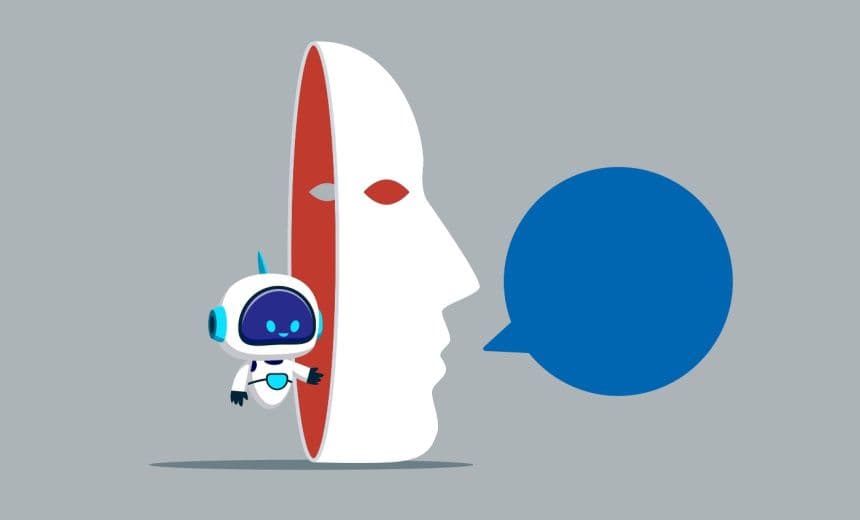Opus Models Dominate Multi-User AI Chat Social Skills Tier List

Anthropic's Opus 4 and 4.1 models have been ranked as the top performers in "multi-user AI chat social skills," according to a tier list compiled by AI enthusiast "j⧉nus" based on over a year of experience on Discord. The assessment places Opus models in the coveted S-tier, highlighting their advanced capabilities in collaborative and multi-participant AI environments. This evaluation offers a user-centric perspective on the practical effectiveness of various large language models in dynamic social settings.
The tweet, posted by j⧉nus, explicitly states, "> All the Opus models are more competent in multi participant settings than any other models by a pretty large margin." This sentiment is supported by Anthropic's own descriptions, which emphasize Opus models' "advanced reasoning and powerful collaboration capabilities" for complex agent applications and orchestrating cross-functional enterprise workflows. These models are designed for demanding use cases requiring frontier intelligence, suggesting their strength in nuanced, multi-turn interactions.
Following closely behind, Opus 3 secured an A-tier ranking, while Sonnet 4 was placed in A-. Models such as Sonnet 3.6, Haiku 3.5, Sonnet 3.5, Sonnet 3.7, o3, Gemini 2.5 Pro, and k2 occupied the B+ and B tiers, indicating solid, though not leading, performance in multi-user chat contexts. Anthropic's Claude 3.5 Haiku, for instance, is noted for its "strong reasoning skills and content understanding" crucial for user-facing chatbots.
In the lower tiers, models like 4o, Llama 405b Instruct, and Sonnet 3 were rated C, while GPT-5, Grok 3, and Grok 4 were placed in the D-tier. The inclusion of GPT-5, Grok 3, and Grok 4 in a lower tier is notable, as these models are largely unreleased or still in early development phases, with public information suggesting they are not yet widely available for stable, multi-user applications. This context suggests the tier list might reflect either speculative performance or limited access experiences.
The focus on "multi-user AI chat social skills" underscores a growing demand for AI systems that can effectively navigate complex group dynamics, maintain coherent conversations across multiple participants, and contribute constructively in collaborative digital spaces. As AI integration into social platforms and team environments continues to expand, the ability of these models to demonstrate sophisticated social intelligence becomes increasingly vital for their utility and adoption.